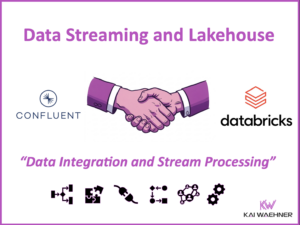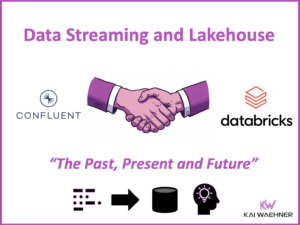Difference between a Data Warehouse and a Live Datamart?
Data Warehouses have existed for many years in almost every company. While they are still as good and relevant for the same use cases as they were 20 years ago, they cannot solve new, existing challenges and those sure to come in a ever-changing digital world. The upcoming sections will clarify when to still use a Data Warehouse and when to use a modern Live Datamart instead.





